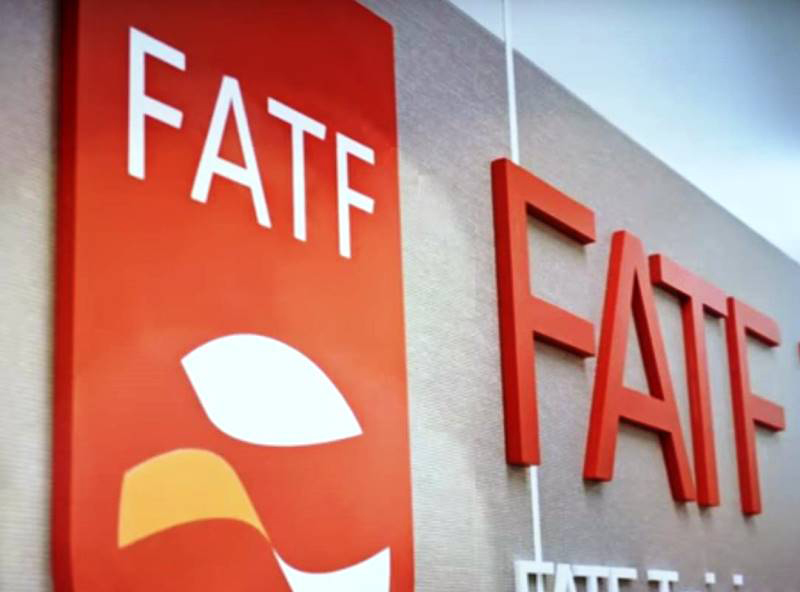 FATF
FATF
India set to join elite terror financing watchdog FATF group on Sept 19 for upholding high transparency standards
New Delhi/IBNS: India is set to join the Financial Action Task Force's (FATF) prestigious group of top performers on September 19.
This distinction places India ahead of countries like the United States, China, Germany, Japan, and Canada in terms of maintaining high standards for combating money laundering and terror financing.
This achievement comes as New Delhi spearheads a global initiative to enhance transparency in online transactions and credit card payments, officials announced earlier this week.
According to the comprehensive report on India’s efforts to combat financial crimes, the country excelled in 37 out of 40 evaluation parameters.
This level of success is matched by only three other G20 members: the United Kingdom, France, and Italy, as noted by officials who preferred to remain anonymous.
The FATF’s mutual evaluation for 2023-24 placed India in the top “regular follow-up” category.
This allows India to address the remaining three parameters on a voluntary basis, unlike countries in the “enhanced follow-up” category, such as the US, China, and Germany, which must address all shortcomings as a requirement.
Nations in the “regular follow-up” category are required to report progress every three years voluntarily, enhancing their reputation as financially stable and secure, which attracts investments and boosts international cooperation.
Being in the top category offers India significant advantages.
It improves the nation's credibility, enhances cooperation in areas like counter-terrorism financing and asset recovery, increases access to international markets, and lowers borrowing costs.
A strong rating also boosts trust in India's trade finance instruments.
FATF's statement praised India for its "high level of technical compliance" with its standards, highlighting achievements in understanding risks related to money laundering and terror financing, international cooperation, and measures to deprive criminals of their assets.
However, FATF pointed out that India needs to strengthen supervision and implementation of preventive measures in certain non-financial sectors and address delays in prosecuting money laundering and terror financing cases.
Looking ahead, FATF’s next major focus is to establish standards for transparent and efficient disclosure of parties involved in online transactions, including payment aggregators and credit/debit card transactions.
India is playing a key role in this effort, aiming to balance regulatory measures with the ease of transactions.
Officials noted that intensive consultations with stakeholders and industry players will precede the finalization of these standards.
India supports transparent disclosures but emphasizes that regulations should not hinder compliance or transaction speed.
The Reserve Bank of India (RBI) advocates for enhanced mandatory disclosures and information exchange with FATF member countries, with Visa and MasterCard also participating in discussions.
Decisions within FATF are based on consensus, without veto rights for any member, unlike the United Nations.
Established in 1989, FATF is the leading global body for setting standards to combat financial crimes.
Its rigorous mutual evaluation process ensures member countries comply with these standards.
FATF comprises 38 countries and two regional bodies—the European Union and the Gulf Cooperation Council.
Additionally, many countries participate through nine associate member groups, while institutions like the World Bank and the United Nations hold observer status.
Support Our Journalism
We cannot do without you.. your contribution supports unbiased journalism
IBNS is not driven by any ism- not wokeism, not racism, not skewed secularism, not hyper right-wing or left liberal ideals, nor by any hardline religious beliefs or hyper nationalism. We want to serve you good old objective news, as they are. We do not judge or preach. We let people decide for themselves. We only try to present factual and well-sourced news.







